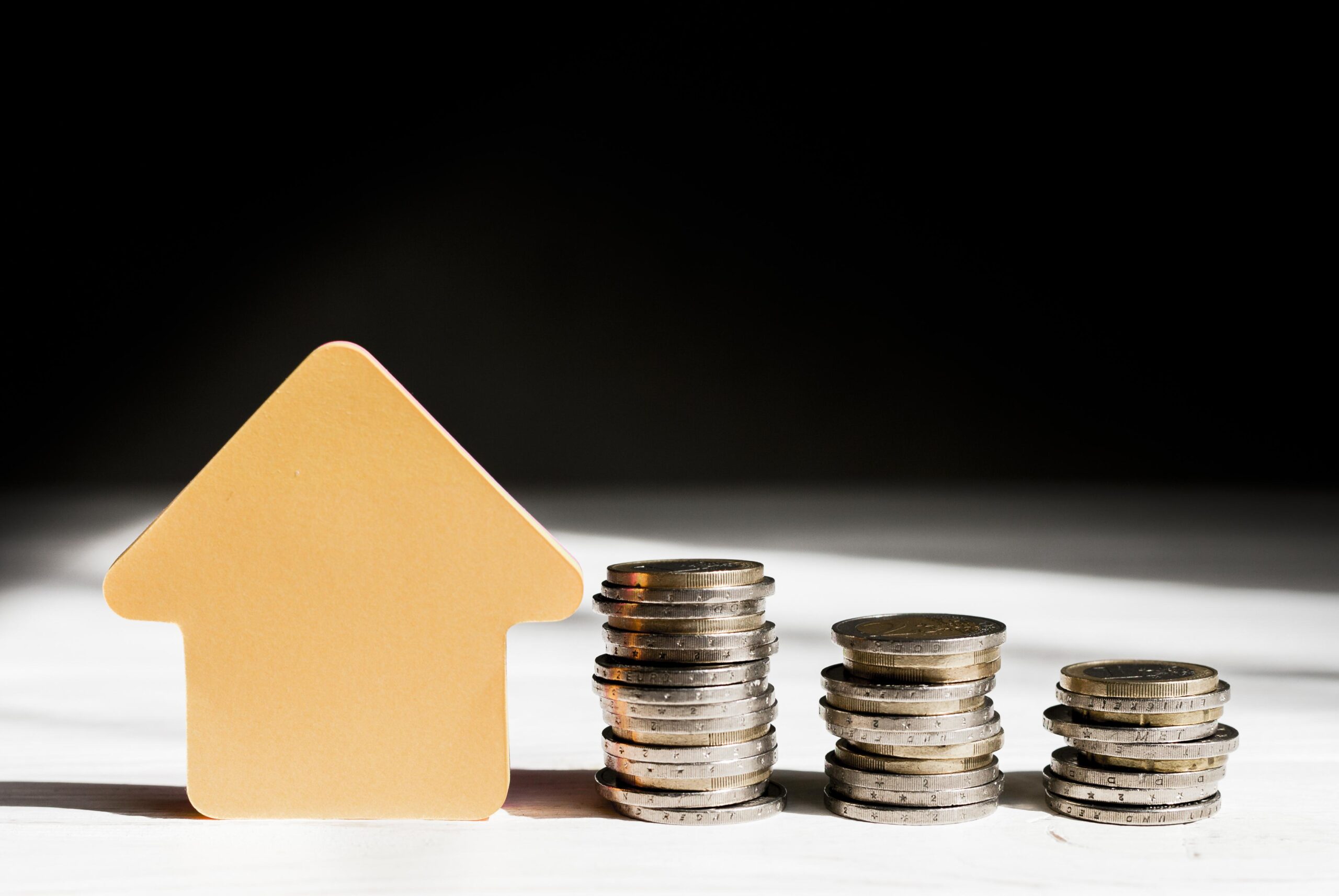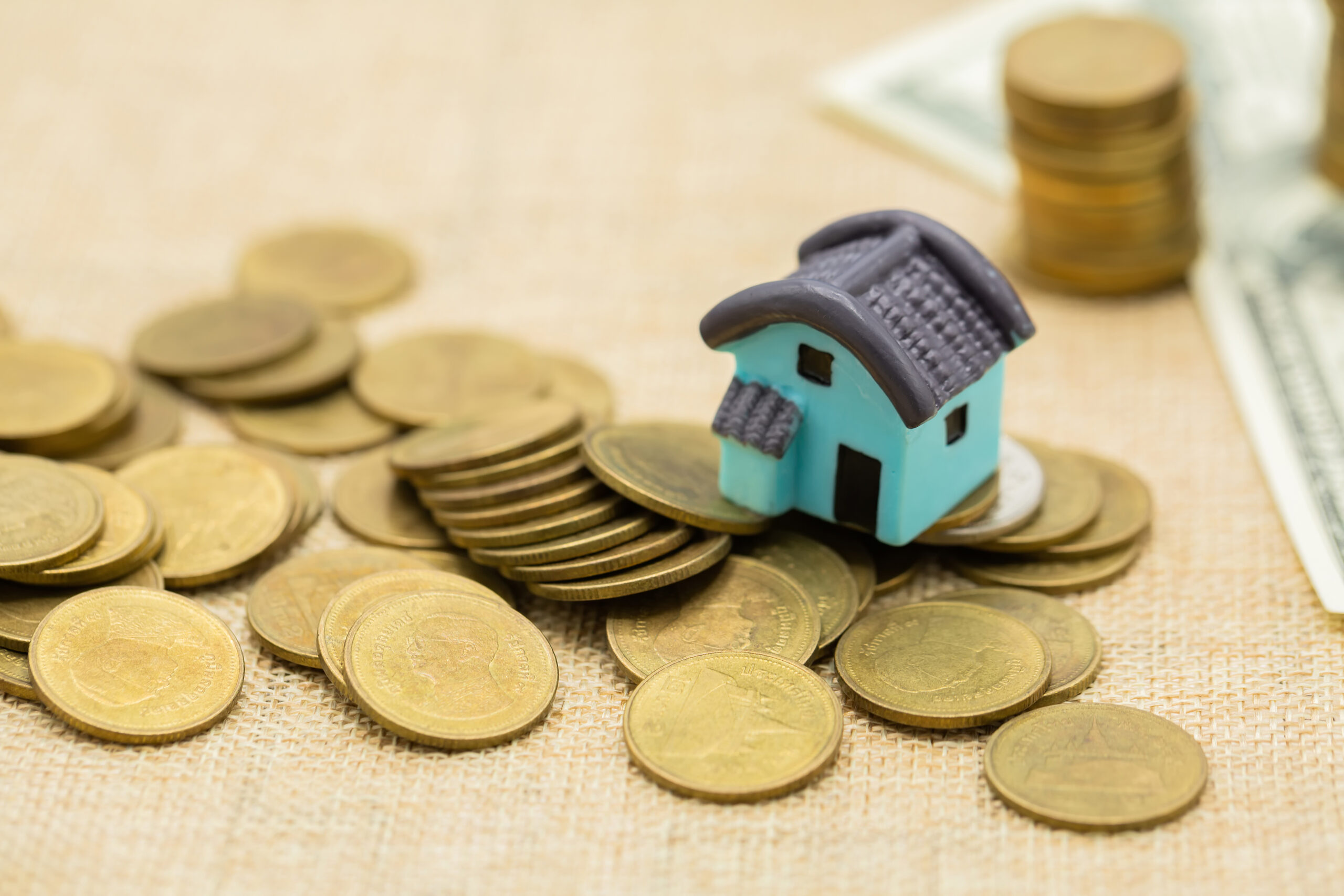When it comes to managing your home loan and debt, homeowners are often faced with several financial options. Two of the most popular choices for tapping into your home’s equity are a Home Equity Line of Credit (HELOC) and refinancing your mortgage.
Each offers distinct benefits, but understanding which option is best for your financial situation requires a deeper look into how both work. In this article, we’ll compare a HELOC to refinancing and explore the advantages and disadvantages of each approach.
What is a HELOC?
A Home Equity Line of Credit (HELOC) is a revolving line of credit that allows homeowners to borrow against the equity in their homes. Unlike a traditional home loan, a HELOC works similarly to a credit card. You are given a credit limit, and you can borrow money up to that limit at any time during the draw period, typically 5 to 10 years.
How a HELOC Works
A HELOC is a flexible loan that allows you to borrow and repay funds as needed. The amount of money you can borrow depends on the equity in your home. In most cases, the bank will lend you a portion of your home’s appraised value minus any existing mortgage balance.
HELOCs usually have a variable interest rate, meaning the rate can fluctuate over time based on market conditions. However, some HELOCs may offer an initial fixed-rate period before transitioning to a variable rate.
Pros of a HELOC
- Flexibility: You can borrow money as needed and only pay interest on the amount you borrow.
- Access to Funds: Great for homeowners who need cash quickly for things like home improvements, debt consolidation, or even education expenses.
- Lower Initial Costs: Typically lower fees and no closing costs.
- Interest-Only Payments: During the draw period, many HELOCs only require you to pay interest on the balance, making monthly payments more affordable.
Cons of a HELOC
- Variable Interest Rates: The interest rate can change, which may cause your payments to increase over time.
- Risk of Overspending: Since the line of credit is revolving, there’s a risk of borrowing too much or accumulating more debt than anticipated.
- Shorter Loan Term: After the draw period, the repayment period begins, which can significantly increase your monthly payments.
- Home as Collateral: Your home is the collateral for the loan, which means failing to repay could put your home at risk.
Discover how to pay off your home in 5 years or less without changing your lifestyle.
Learn more in the 5-Day Cashflow Empire Live event and receive a custom 5-year mortgage payoff plan! Click here to learn more
What is Mortgage Refinancing?
Mortgage refinancing is the process of replacing your existing mortgage with a new loan, often with better terms. Homeowners typically refinance to secure a lower interest rate, switch from an adjustable-rate mortgage (ARM) to a fixed-rate mortgage, or access home equity.
How Refinancing Works
When you refinance, you apply for a new mortgage loan that pays off the balance of your existing mortgage. The new loan may have different terms, such as a new interest rate, loan term, and repayment schedule. Refinancing can be done to either secure a better rate or access your home’s equity (cash-out refinancing).
Pros of Refinancing
- Lower Interest Rates: If interest rates have dropped since you originally took out your mortgage, refinancing can lower your monthly payments.
- Fixed-Rate Option: Homeowners can switch from an adjustable-rate mortgage (ARM) to a fixed-rate mortgage, offering greater stability.
- Access to Equity: Cash-out refinancing allows you to borrow against your home’s equity for large expenses like renovations or paying off high-interest debt.
- Longer Loan Terms: Refinancing can extend your loan term, lowering your monthly payments (though this can also mean more interest paid over time).
Cons of Refinancing
- Closing Costs: Refinancing often involves hefty closing costs, which can range from 2% to 5% of the loan amount.
- Lengthy Process: The refinancing process can take weeks to complete, and requires paperwork and underwriting.
- Higher Monthly Payments: If you extend your loan term or opt for a cash-out refinance, your monthly payments may increase.
- Fees: There may be fees associated with refinancing, such as appraisal fees and origination fees.
Key Differences Between a HELOC and Refinancing

Although both a HELOC and mortgage refinancing allow homeowners to access their home equity, the structure, flexibility, and costs of these options differ. Here’s a breakdown of the key differences:
Loan Structure: Fixed-Rate vs. Variable Rate
- HELOC: Typically has a variable interest rate, meaning your rate can increase or decrease during the life of the loan.
- Refinancing: You can choose between a fixed-rate or variable-rate loan. A fixed-rate mortgage provides the stability of consistent monthly payments, while a variable-rate mortgage might be cheaper initially but can increase over time.
Payment Flexibility: Lump Sum vs. Ongoing Access to Funds
- HELOC: Works as a revolving line of credit, giving you the ability to borrow, repay, and borrow again during the draw period.
- Refinancing: You receive a lump sum, and the loan term is fixed with consistent monthly payments.
Interest Rates and Fees
- HELOC: Interest rates are typically lower than standard mortgage rates but are variable. However, there may be no closing costs or other fees.
- Refinancing: Refinancing typically offers lower rates if interest rates have dropped, but the closing costs can be significant.
Loan Term Differences
- HELOC: The loan term usually includes a draw period followed by a repayment period. The repayment period can increase monthly payments significantly.
- Refinancing: The loan term can be adjusted depending on the length of time you want to spread your payments over (e.g., 15 or 30 years).
When to Consider a HELOC
A HELOC can be an excellent option in certain situations. Here are some scenarios where a HELOC may be a good fit:
Best for Homeowners with Short-Term Needs
If you only need to access your home equity for a short period or have fluctuating financial needs, a HELOC provides flexibility. You can borrow money as needed and only pay interest on the amount you borrow.
Ideal for Debt Consolidation
If you have high-interest debt, a HELOC can help you consolidate debt at a lower interest rate, providing significant savings over time.
For Home Improvement Projects
If you’re planning a large renovation or upgrade to your home, a HELOC can provide the necessary funds to get started without the need to refinance your mortgage.
Want to eliminate debt and build wealth fast?
Discover how to pay off your home in 5 years or less without changing your lifestyle.
Learn more in the 5-Day Cashflow Empire Live event and receive a custom 5-year mortgage payoff plan!
Click here to learn more
When to Consider Refinancing Your Mortgage
Refinancing is generally a better option if you’re looking to secure a better long-term rate or lower your monthly payments. Here’s when refinancing makes sense:
When Interest Rates Are Low
If market interest rates have dropped since you first took out your mortgage, refinancing can help you secure a lower rate and reduce your monthly payments. You might also reduce the amount of interest paid over the life of the loan.
For Homeowners Looking to Consolidate Debt
If you have significant credit card debt or other high-interest loans, a cash-out refinance allows you to consolidate these debts at a lower interest rate.
To Switch Loan Terms
Refinancing can be a good option if you want to adjust your loan terms. For example, you may want to switch from a 30-year mortgage to a 15-year mortgage to pay off your loan faster and save on interest.
Learn to pay off 30 years’ worth of debt in just 5 evening sessions!
Join the Cashflow Empire Live to build your custom mortgage payoff plan.
Register here for more details
Pros and Cons of a HELOC vs Refinancing
Let’s take a quick look at the pros and cons of each option to help you make a more informed decision:
HELOC Pros
- Flexible access to funds
- Lower initial costs
- Interest-only payments in the early years
HELOC Cons
- Variable interest rates
- Risk of overspending
- Short-term borrowing limits
Refinancing Pros
- Lower interest rates (if market rates have dropped)
- Predictable, fixed monthly payments
- Access to large sums of cash with a cash-out refinance
Refinancing Cons
- High closing costs
- Long approval process
- May extend the loan term and increase total interest paid
How to Choose Between a HELOC and Refinancing
Deciding between a HELOC and refinancing comes down to your financial goals. Here are some questions to ask yourself:
- Do I need quick access to funds, or am I focused on long-term savings?
- Am I comfortable with variable interest rates, or do I want the stability of fixed payments?
- Do I have enough equity to refinance, or is a HELOC a more viable option for my needs?
Both options can be beneficial, but only one may be the right fit for your unique situation. Work with a financial advisor or mortgage professional to explore your options and make an informed decision.
Ready to eliminate debt and build cash flow?
Start your journey with a custom mortgage payoff plan.
Click here to join the Cashflow Empire Live event
Conclusion
Both a HELOC and refinancing offer ways to tap into your home’s equity, but the right choice for you depends on your financial goals, the amount of debt you have, and your preferred loan structure. While a HELOC provides more flexibility and lower upfront costs, refinancing may provide more long-term savings and predictability. Understanding the key differences will help you decide which route is better suited to your needs.
If you’re looking to eliminate debt and build financial freedom, consider joining the 5-Day Cashflow Empire Live event to learn how to pay off your mortgage faster and secure your financial future.
Affiliate Disclaimer: BestMortgages.co may include affiliate links, which allow us to earn a small commission when you make a purchase through them. This helps support our site at no extra cost to you. Thank you for your support!




0 Comments